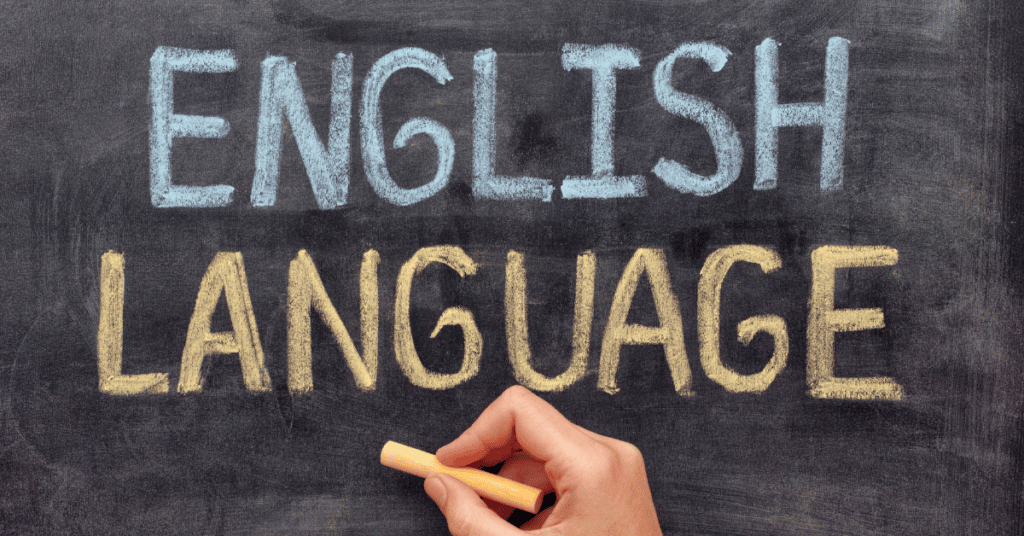Excelling in your English comprehension means understanding the different types of skills needed to answer questions.
Comprehension texts are tricky these days.
There are Narrative and Descriptive texts.
Both require you to analyse and answer questions based on logic as well as textual interpretation.
Answering English comprehension questions based on these texts requires understanding, strategic thinking and skills.
Only one or two questions are straightforward.
The rest of the English comprehension questions are couched in implications based on the text or it could be questions based on the phrases.
There is no doubt that the First rule applies to Understanding exactly what the question means.
I am going to list out some of the trickiest questions which appear regularly for English comprehension papers.
#1 – Skills needed for implication or inference questions
These questions require you to think out of the English comprehension passage.
The answer is partly there and you will have to surmise the rest.
What it requires you to do is to have an educated guess.
Base your guess on the reasoning in the text, the way the author projects his thoughts or the way the situation appears to have evolved.
How exactly do you infer when there is absolutely no clue in the text?
Ok, this is a tough one.
Actually, the clue is in the question.
It is a bit of a paradigm when you search for an answer contained within the question.

Search for keywords in the question.
If it is asking you what the protagonist was going to do after he left the house and there is no explanation for that, it obviously means that you have to base your answer on what happened Before he left the house.
Link the probability of the future to the analysis of the present.
The Present is always a good indicator of the Future.
It is a bit like fortune-telling where you have to read the signs.
Read the text minutely.
Look for clues.
Pore over it as if you were a detective.
And then arrive at conclusions.
That is the way you answer the implication of inference questions.
And this is a skill that you need to work on throughout.
There are no shortcuts.
#2 – Skills needed for those tricky English comprehension questions based on phrases
Ok, these are really tough questions.
These English comprehension questions extract a phrase from the text and ask you what the character might have been thinking of based on those words.
Or what could transpire based on those words.
The questions are focused on either the character’s intentions or the way the situation transpires.
It is always about either one so get used to understanding evolving situations within a narrative text.
And try to understand how characters are portrayed in a narrative text as well.
Narrative texts are laden with vocabulary phrases inserted in questions and you will have to unravel the meaning slowly as if it was a silkworm.
#3 – Skills needed to answer Analysis questions
These English comprehension questions are aimed at selected information in the text and your purpose is to focus on these.
Search for the meaning and relate it to the question.
All analysis questions must match the corresponding answer in the text.
Usually, the answer can be seen quite clearly.
The problem is that you should only select what is needed for the question.
Do not overwrite or have a skimpy answer.
Answer the question fully and in a complete sentence.
#4 – Skills needed to answer Literal questions
Literal questions are probably the easiest to do but you will still need a rough understanding of the vocabulary used.
The question is direct, and you will be asked to identify for example – ‘what the protagonist did before he had his dinner.’
Usually, the answer will be clearly stated, for example – ‘watched tv.’
All you have to do is answer this way – The ‘protagonist was watching tv before he had his dinner.’
Literal questions will be pinpointed at a specific piece of information and the good news is that it is always seen in the text.
No need for conjecture.

#5 – Skills needed for language type questions
These questions used to be my favourite in secondary school.
Why?
I did not really have to study for it.
All that is needed is an acute understanding of vocabulary words.
You will need to understand all the hidden meanings of course.
A phrase such as ‘All that we had to do was to circumvent the shore and bypass the treacherous cliff which had been our bane from the start.’
The question could be what sort of difficulty was the author and friends anticipating based on this sentence.
Actually, if you look closely, the answer is not really there but it sort of seems to be there.
You need to understand what the author is trying to do and where they are headed, what seems to be the obstacle and what they fear.
You are Not Required to give the meaning of the sentence.
Most students will do that and that of course is wrong.
You need to understand the English comprehension words used.
And you need to look for implications about what sort of difficulty they anticipated.
A bit of guesswork and a great deal of understanding of vocabulary is needed for this.
#6 – Skills needed for Guesswork
Guesswork is based on inferring correctly.
Doing this means you should be sharp and look out for tell-tale signs which point you in the direction of more information.
Guessing the answer accurately is important as you may easily get it wrong if you are not reading it right.
For guesswork to work, you need to read the text carefully and diagnose the ‘problem’ or ‘the intricacies.’
And, you will need to have a good sense of logic.
I do not really know how to teach someone to be logical but you really need to be good at this to answer well.
Start brushing up on these skills by practicing.
#7 – Skills needed for Vocabulary answers
Vocabulary is the staple of all English comprehension questions.
If this is your strong area, you have everything covered!
How do you brush up on your vocabulary skills?
I have written blogs prior to this one on how to improve your vocabulary.
I have included several shortcut tips on getting your vocabulary in ship-shape condition.
Make sure you understand the precise meaning of each question which is directing you to focus on phrases.
What do the adjectives mean?
What about the verbs?
And the adjective phrases?
Choice of nouns?
All these tell a story and you need to picture it properly in your mind before you start answering.

#8 – Skills needed for Literature type questions or Literary questions
Literature type questions are those which ask you to explain the ‘irony’, ‘tone’, ‘metaphor’ or ‘simile.’
You will need to understand what each of these literary devices means before you attempt so a mini literature lesson is needed.
I have written a blog on these devices but I will explain it in a nutshell just for this blog.
An ironic question demands that you examine the opposing elements in the text.
You will need to sift through and focus on these elements.
Explain it carefully.
The tone is actually about the attitude or mood.
If you are not sure what tone means, try substituting with mood.
In some cases, it asks you about the attitude of the characters.
A metaphor is actually a literary device or a figure of speech.
Look out for the meaning behind the words and explain it.
You will need to understand the play on words and sift through it carefully for the real meaning.
A simile is about the comparison.
It is asking you about how two items or situations are compared.
#9 – Skills needed for Hybrid type questions
Not all questions are based on one focal point.
Some appear to be vocabulary questions but they are asking you to infer future actions.
You will need to answer both as there are usually 2 marks.
When there are 2 marks, you will need to answer the meaning and the implications as well.
Many questions for English comprehension exams are hybrid questions so look out!
#10 – Skills needed to read a Comprehension text properly
My earnest desire is that every student should skim through or read the entire text before attempting the English comprehension questions.
This may not take very long and it will give you a really good estimate of what the entire text is about.
Knowing the theme of the English comprehension text will help you to understand literary devices and hidden meanings better.
Ok.
We have come to the end of my 10 important skills for English Comprehension Writing.
And these are all important tips that I have gleaned from my many years of teaching secondary students.
Be sure to read all of these and apply them in your next English comprehension paper.
